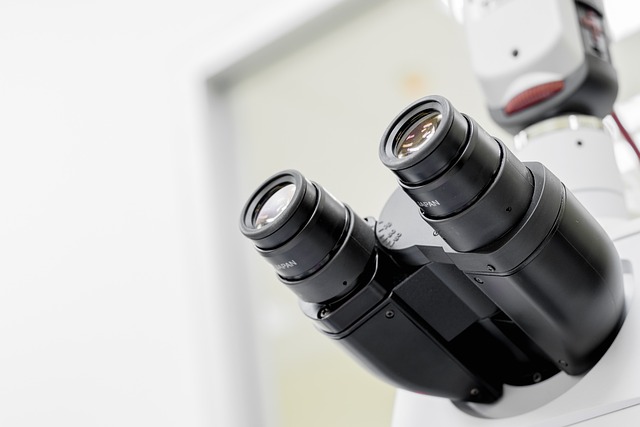
Missed Innovations: Exploring Lost Opportunities in Science, Technology, and Workplace Culture
Throughout history, innovation has driven humanity forward, yet there have also been countless instances of lost opportunities that have stunted progress. These missed innovations often emerge in three critical areas: science, technology, and workplace culture. Reflecting on these lost opportunities can illuminate potential pathways for future breakthroughs and inspire a more mindful approach to innovation.
In the realm of science, the story of lost opportunities is often told through the lens of groundbreaking discoveries that were neglected or ahead of their time. Take, for example, the concept of germ theory. Despite scientific evidence from pioneers like Louis Pasteur, the widespread acceptance of germ theory took decades. This profoundly delayed advancements in public health, resulting in preventable diseases claiming countless lives. Imagine the lives that could have been saved and the healing practices we could have developed if these innovations had been embraced sooner. Recognizing such instances helps us understand the importance of remaining open-minded and receptive to new ideas in scientific exploration.
When we shift our focus to technology, stories of lost opportunities abound in the digital landscape. For instance, during the early days of computing, many companies overlooked the potential of personal computers, believing they would never gain mass appeal. This hesitance allowed innovators like Apple and Microsoft to rise to prominence while established corporations faltered. Today, we have a more vibrant digital ecosystem, but the question lingers: what other life-changing technologies might we be neglecting? The rise of virtual reality and artificial intelligence is a perfect example of how companies must now navigate rapidly evolving landscapes, ensuring they don’t miss the next big wave of innovation.
Workplace culture is yet another area where lost opportunities often manifest. Many companies still adhere to traditional hierarchies and rigid structures that stifle creativity and collaboration. The rise of remote work and flexible hours has shown us the value of a more adaptive workplace. However, some organizations are still hesitant to embrace these changes fully, risking stagnation. By fostering a culture of inclusivity and continuous learning, businesses can unlock incredible potential. When employees feel empowered to share their ideas and collaborate across departments, innovative solutions can flourish, and lost opportunities can be averted.
As we explore these various dimensions of innovation, we are reminded of the necessity to learn from history. Every lost opportunity has a counterpart—a chance to grow, innovate, and transform. By acknowledging past mistakes and embracing a culture of open-mindedness in our scientific inquiries, technological endeavors, and workplace dynamics, we can seize the moment and pave the way for a more innovative future.



